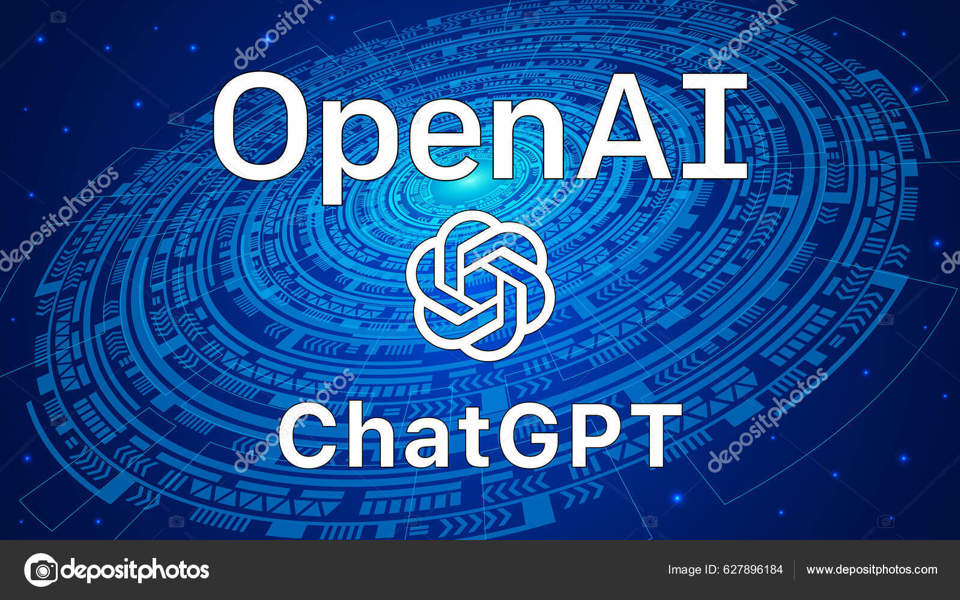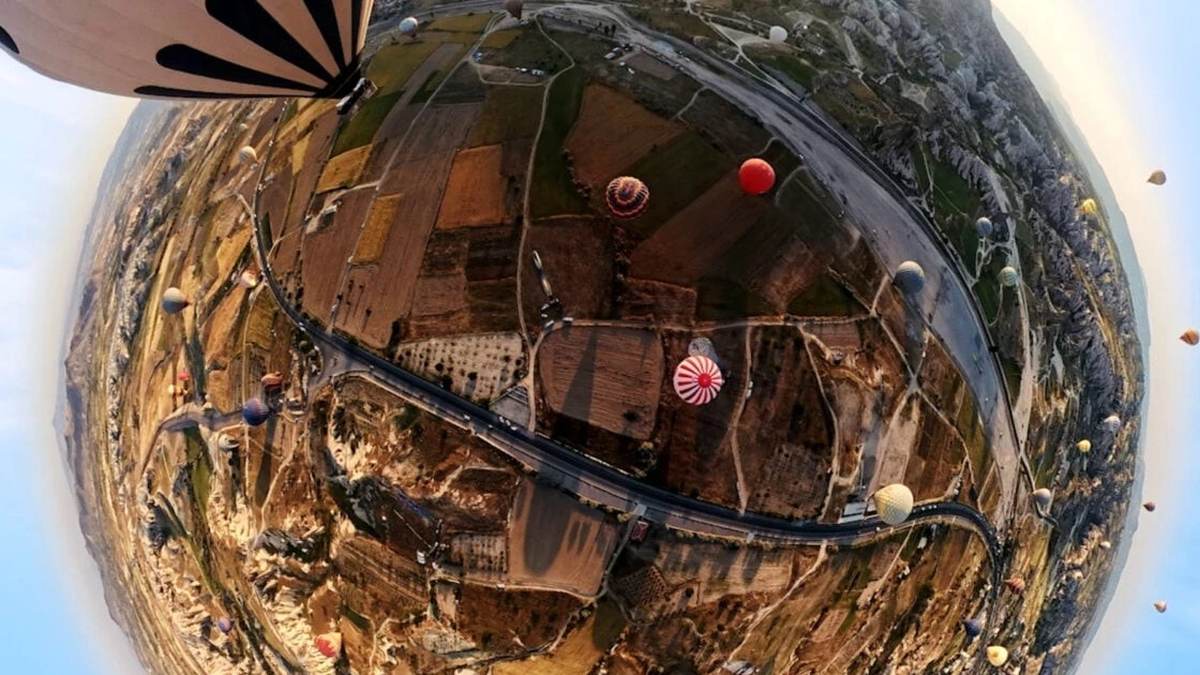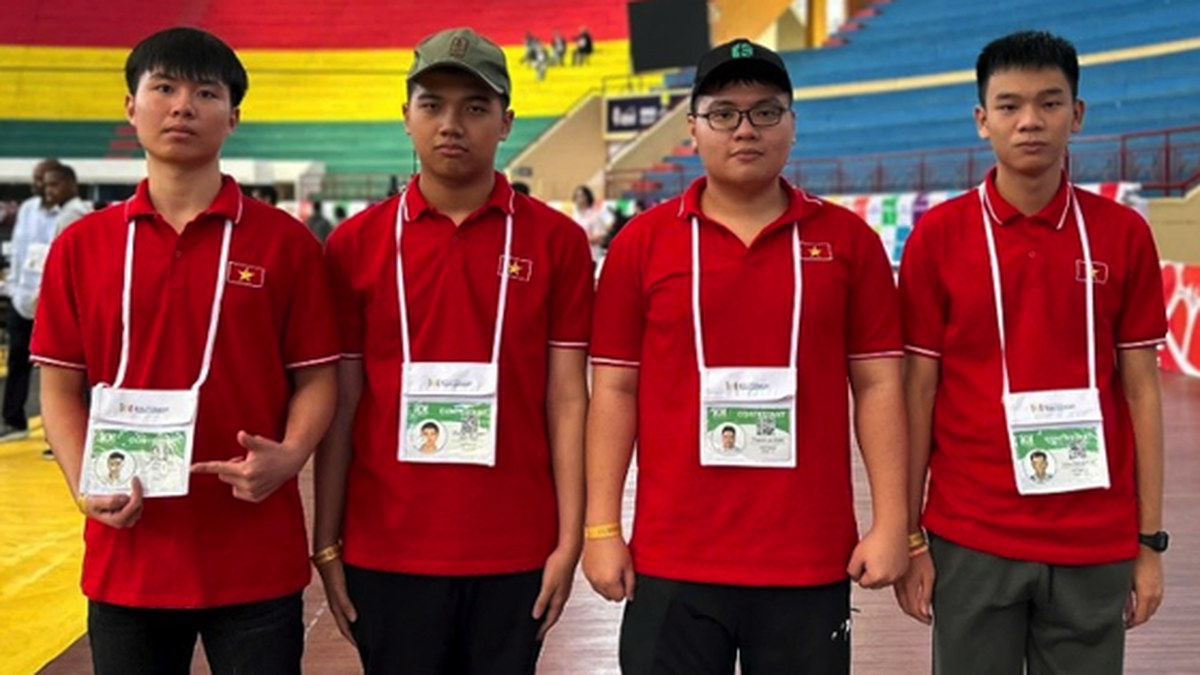It is known that Canada's five largest media companies, Torstar, Postmedia, The Globe and Mail, The Canadian Press and CBC/Radio-Canada, have sued OpenAI for copyright infringement and requested billions of dollars in damages.

Specifically, the companies accuse OpenAI of copying large amounts of content from news sites for profit without paying the original authors. The lawsuit also says that since 2015, these sites have made it clear that their content is for “personal, non-commercial use only.”
OpenAI has not yet issued an official response to the Canadian lawsuit, but asserted that using news materials to train chatbots is legal under the "fair use" principle under copyright law.
This lawsuit is similar to lawsuits from The New York Times and many media companies in the US in early 2024, related to OpenAI collecting and using content from news websites to train ChatGPT without permission.
OpenAI argues that training chatbots on news materials collected from the web does not violate copyright because this activity falls within the scope of fair use and is supported by many legal experts and civil society organizations.
AI models are not designed to copy training data but to learn from data at an abstract, non-proprietary level, scholars say.
The non-profit group Creative Commons also agrees with the above view and believes that OpenAI's activities are of a transformative nature, creating products that serve other purposes, without directly competing with or causing damage to the original author.
OpenAI has now pledged to respect news organizations’ opt-out rights to use their content as training data, and the company has also signed content licensing agreements with a number of news organizations.
The case is still being considered by judges in Canada and the United States and a decision is expected soon.
Source: https://kinhtedothi.vn/openai-bi-cao-buoc-vi-pham-ban-quyen-voi-so-tien-hang-ty-usd.html


































































































Comment (0)